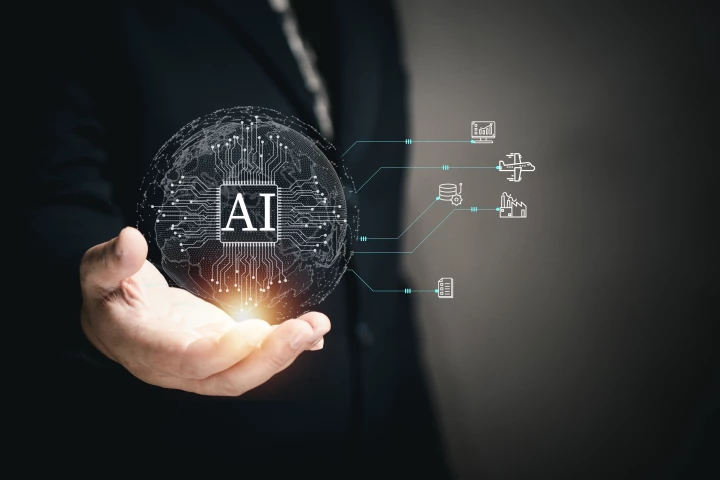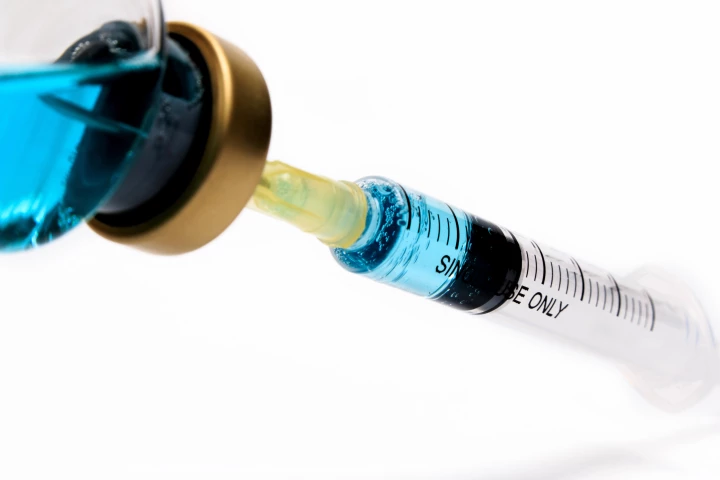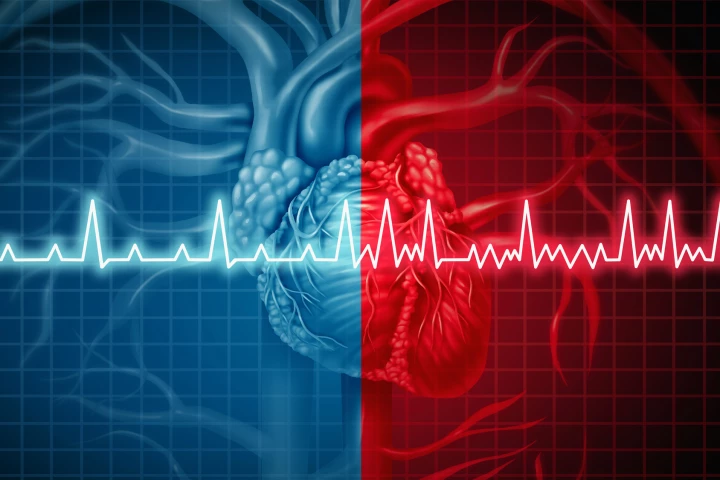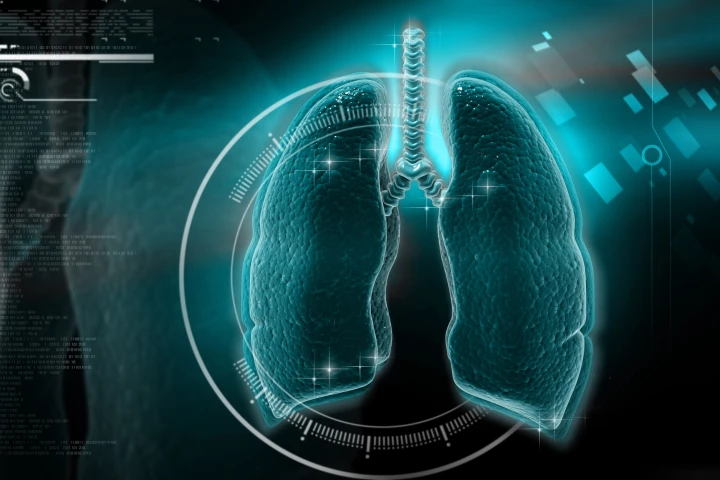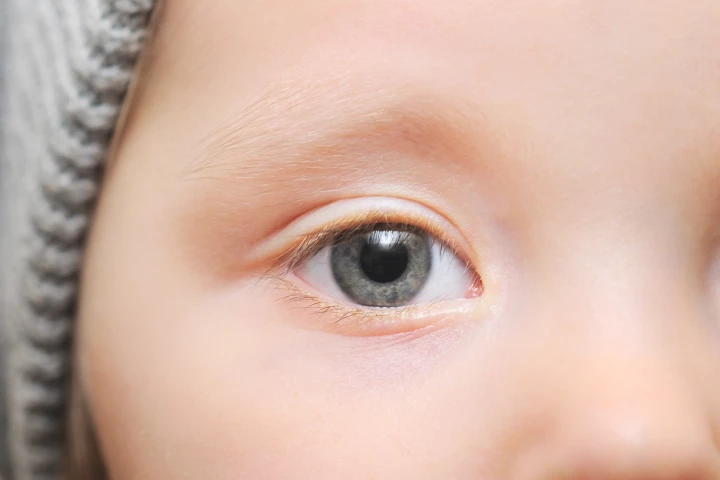Deep Learning
-
Marking a major shift in personal AI, OpenAI has released ChatGPT Agent, taking things well beyond chat – it can browse the web, run code, manage files and complete tasks across apps. It’s the first real AI assistant that doesn’t just answer but acts.
-
All of the quadrupeds we cover have rigid one-piece bodies, which seems to be a good shout for most of the antics they get up to. But a flexible spine might be better in certain climbing situations, and that's where the KLEIYN robodog could shine.
-
It would be an understatement to say that things can get pretty hectic in a hospital emergency room … enough so that staff occasionally administer the wrong medication. Soon, however, AI-enabled wearable cameras could help keep that from happening.
-
Google DeepMind's groundbreaking new AI predicts not only the structure of proteins, ligands, DNA, RNA and "all of life's molecules," but how they'll interact. It promises a radical, revolutionary acceleration in many fields of science.
-
An AI model accurately tracks emotions like fear and worry in the voices of crisis line callers, according to new research. The model’s developer hopes it can provide real-time assistance to phone operators as they work to prevent suicides.
-
Trained on simple heart rate data, an AI model can predict an episode of atrial fibrillation 30 minutes in advance. With plans to incorporate it into a smartphone so it can analyze data from a smartwatch, the model would act as an early warning system.
-
Researchers developed an AI algorithm that automatically analyzes chest X-rays to rapidly detect COVID-19 infection with more than 98% accuracy, distinguishing between normal X-rays and X-rays from people with viral pneumonia.
-
Researchers have used AI to screen photographs of children’s retinas to diagnose autism with 100% accuracy. The findings suggest AI is a viable screening tool for early diagnosis, especially when access to a specialist child psychiatrist is limited.
-
Prepare for a radical acceleration in technological development. A Google Deepmind AI has achieved "an order-of-magnitude expansion in stable materials known to humanity," finding about 800 years' worth of new materials with revolutionary potential.
-
In what will soon be commonplace in drug research, scientists have used an artificial-intelligence algorithmic program to identify a compound, currently used in antimalarial treatment, that can effectively reverse the bone deterioration of osteoporosis.
-
Using a deep-learning AI model, researchers have turned the humble chest X-ray into a more powerful tool for diagnosing heart problems. They say their novel approach could be used as a quick and accurate way of assessing heart function.
-
Zipline has developed and patented an AI-driven safety system it says allows autonomous drones to detect and avoid other aircraft and drones up to 2 km away in all directions, using a light, cheap and robust microphone array. Will it satisfy the FAA?
Load More
